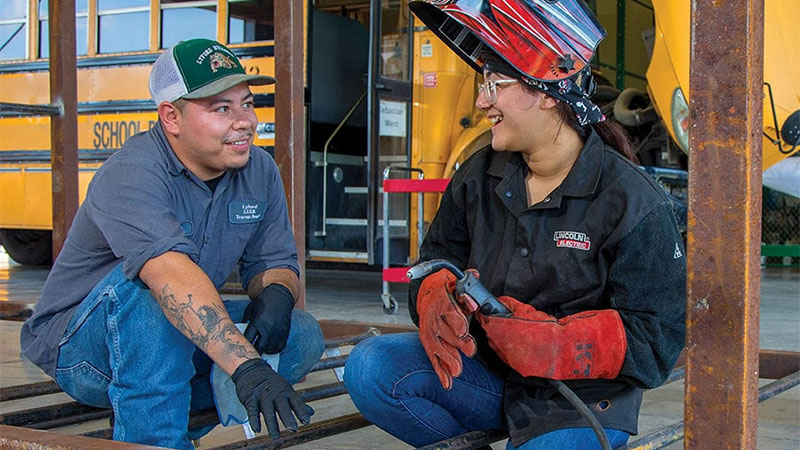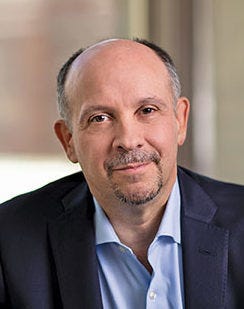This is the President’s Message from the latest Focus magazine, “Rural students face a growing gap in college-level learning.” See the magazine online—including videos with some of today’s promising rural students.
We’ve all heard the phrase “flyover country,” the dismissive term often used by coastal elites to describe the vast middle parts of the nation that they tend—or choose—to ignore. Those two words encapsulate a troubling view—the idea that the nation’s less populated areas are somehow less important or less valuable, that the people there can rightly be overlooked.
No idea could be more wrong—or more dangerous to America’s future. The fact is our rural areas are teeming with human potential. And if we are to prosper as a nation—economically, culturally, politically, socially—we must unlock that potential. We must, through high-quality education programs, fully develop the talent in our rural regions so that it can be unleashed to benefit us all.
That’s what this issue of Focus magazine is about: redefining flyover country as a focal point for a nationwide talent-development effort. In this Focus, you’ll read real-life success stories from several rural students. For instance:
- You’ll meet Kalyn Jones and Caitlin Davis-Rivers, young women from the vast expanse of far-northern California who overcame huge obstacles to earn their college degrees. Each of the women—now ages 25 and 23, respectively—grew up in a home with a drug-addicted parent and was placed in foster care. But thanks to a program offered by Shasta College, both completed their studies at Shasta and moved on to earn bachelor’s degrees at California State University-Chico.
- You’ll read about Humberto Perez, a Mexican immigrant who spent his childhood in an impoverished south Texas town once called “Calcutta on the Rio Grande.” Today, 23 years after his arrival there as a toddler, Perez is a college graduate. He works as an admissions counselor for South Texas College, helping other Latino students navigate the often-difficult path to an education.
- And you’ll hear from Amy Whittaker, 38, a work-release inmate in the Madison Correctional Facility in southern Indiana. Whittaker leaves the prison each weekday to work at a local manufacturing plant. As part of the program, coordinated by Ivy Tech Community College, she’s already earned her certification as a production technician, and next year she expects to be certified in industrial maintenance.
All of these individuals—and many more whose stories we share—offer compelling views from the front lines of rural America, putting a human face on an increasingly important national issue.
I hope you’ll take the time to fully explore this issue of Focus, and that it gives you a better understanding of the state of education attainment in rural America. More important, I hope you’re spurred to action by what you learn here. Rural students are a vast and vital national resource—one we can’t afford to fly over.

Jamie P. Merisotis
President and CEO
Lumina Foundation


